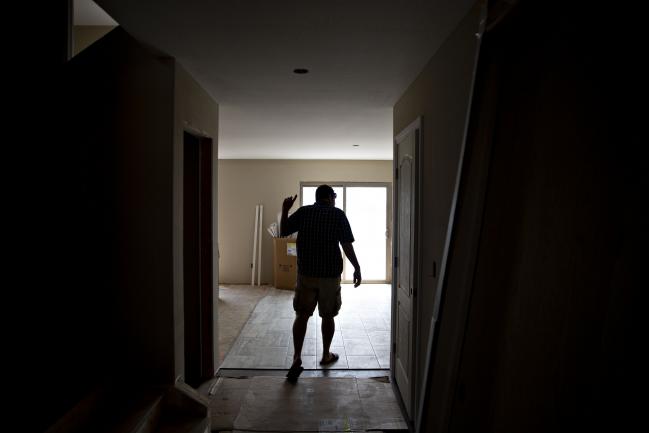(Bloomberg) -- There’s a trend shaking the foundations of the world’s richest economies: middle-class life is unfair, expensive and uncertain.
According to the OECD, its share of total income is falling, and there’s a surge in the core costs of its defining pillars like housing, education and health. Over-indebtedness is now higher than for other income brackets and the risks of tumbling down the social ladder are increasing as automation and the changing nature of work threaten jobs.
“The middle class is increasingly only a dream for many,” the OECD said. “This bedrock of our democracies and economic growth is not as stable as in the past.”
Inequality and the squeeze on the middle is a risk for economic and political stability that’s attracting greater attention from policy makers and investors. Last week, billionaire founder of Bridgewater Associates Ray Dalio warned of revolutions as disparity in wealth fuels conflict and populism. France has put tackling inequality and reinventing capitalism on the top of the agenda as it leads the Group of Seven this year.
According to OECD analysis, not only is the middle class essential for growth, but countries where it thrives are healthier, more stable, better educated, and have lower crime rates and higher life satisfaction.
“There is a risk of a spiral to the extent that the middle class is the one main sources of political and economic stability,” said Stefano Scarpetta, OECD director of employment, labor and social affairs.
In its study, the organization defines middle class as households with incomes between 75 percent and twice the national median. Over the last 30 years, incomes have increased a third less than the average of the richest 10 percent, the OECD said. It’s worsened since the financial crisis with the real income of the middle class growing only 0.3 percent a year.
The “dismal income growth” is compounded by above-inflation price increases for essential parts of the lifestyle. That means almost 40 percent of middle-income households are vulnerable to not being able to absorb unexpected expenses, and half report difficulties making ends meet.
Rising into the middle class is also becoming more difficult. Greater skills are needed to get there as around half of middle-income workers are now in high-skilled occupations, up from around one third 20 years ago.
There’s no simple answer to address the difficulties. But the OECD repeated its calls for investment in training and education for all ages, and other recommendations include increasing the supply of housing and supporting demand, and lowering the tax burden on middle-class incomes.
“It’s a wake up call,” Scarpetta said. “Overall there is a need to really focus on targeted policy intervention for those with specific problems. General policies may not work very well.”
